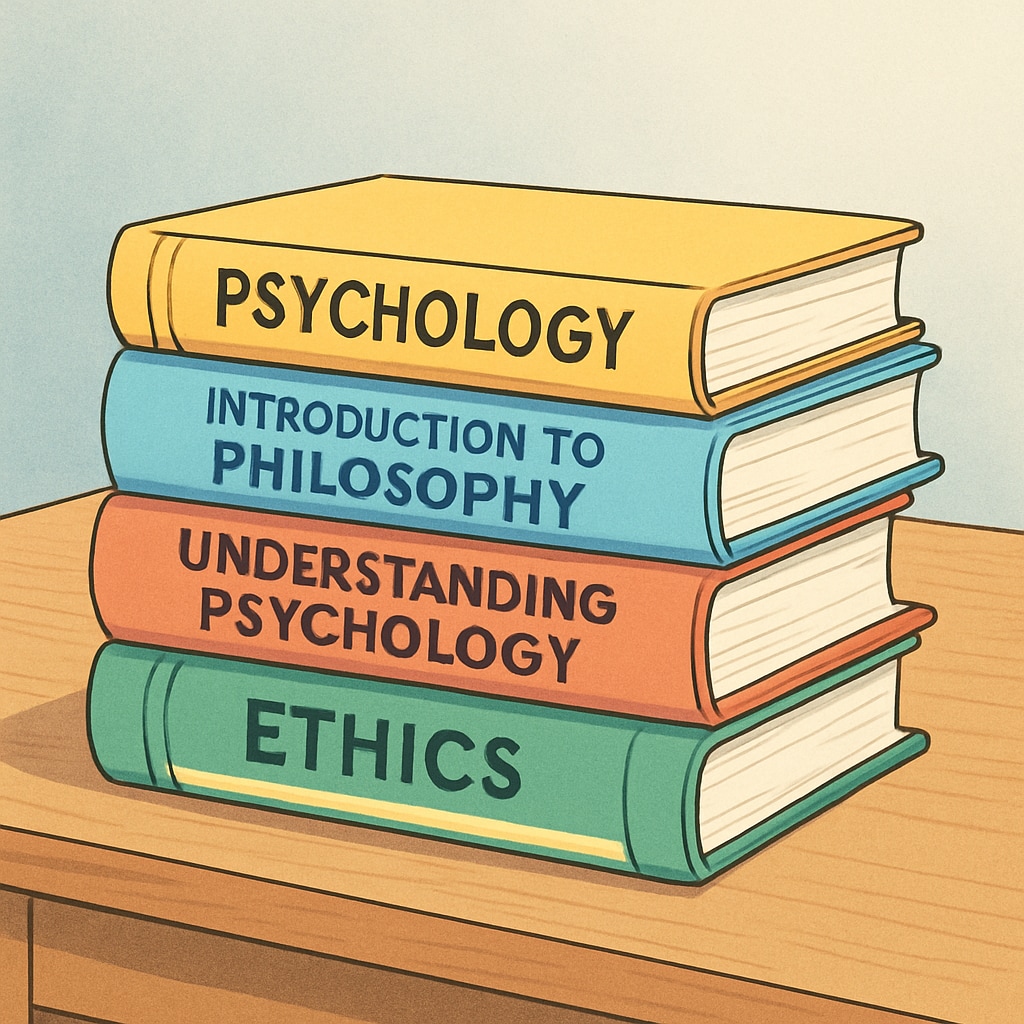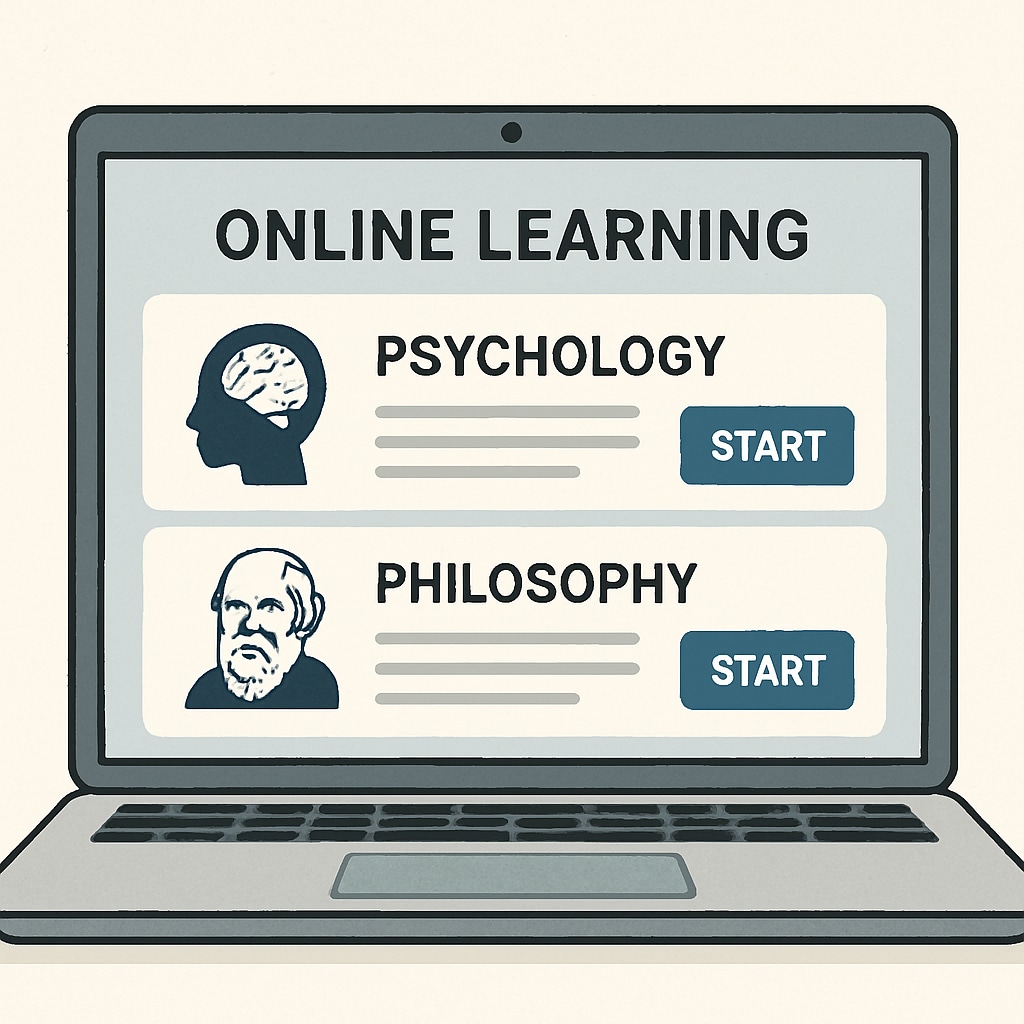Psychology, philosophy, and self-learning are deeply interconnected, offering K12 students an enriching opportunity to explore profound questions about the mind and existence. Whether you’re curious about human behavior or fascinated by the nature of reality, this guide provides practical resources for students eager to learn beyond traditional school curriculums. With books, online courses, and interactive communities, you can start your journey toward mind exploration and critical thinking skills.
Beginner-Friendly Books for Psychology and Philosophy
Books are a fantastic starting point for self-learning. Many introductory works are designed to be accessible for younger readers while still offering deep insights into complex topics. Here are some recommendations:
- Psychology: “The Psychology Book” by DK Publishing offers a visually engaging introduction to key concepts, thinkers, and experiments in psychology.
- Philosophy: “Sophie’s World” by Jostein Gaarder is a novel that gently introduces philosophical ideas through storytelling.
- For Both Disciplines: “Think: A Compelling Introduction to Philosophy” by Simon Blackburn is a great choice for students looking to understand philosophical arguments and critical thinking.

Online Courses and Platforms for Self-Learning
Online platforms provide flexible and engaging ways to dive into psychology and philosophy. Many courses are free or affordable, making them accessible for students:
- Psychology: Coursera’s Psychology Courses cover topics like cognitive psychology and mental health.
- Philosophy: edX’s Introduction to Philosophy introduces essential philosophical questions and schools of thought.
- General Learning: Platforms like Khan Academy offer foundational courses in psychology and critical thinking.

Practical Activities and Community Engagement
Learning psychology and philosophy isn’t restricted to books and courses. Practical activities and community involvement can deepen understanding through real-world applications:
- Journaling: Reflecting on daily experiences and thoughts is a great way to explore psychological and philosophical concepts personally.
- Local Clubs: Many schools and libraries host philosophy clubs or psychology workshops for students.
- Online Forums: Join communities like Reddit’s Philosophy Forum or Psychology Forum for discussions and resource sharing.
In addition, engaging in debates or discussions with peers can refine critical thinking skills and expose you to diverse perspectives.
Exploring Careers and Advanced Topics
For students seriously considering psychology or philosophy as future career paths, delving into advanced topics is beneficial. Here are some suggestions:
- Psychology: Explore areas like developmental psychology, clinical psychology, or neuroscience for specialized insights.
- Philosophy: Study ethics, logic, or epistemology to understand more complex philosophical debates.
- Career Planning: Look into resources like APA’s Psychology Career Guide or university philosophy department pages for guidance.
With a combination of curiosity and dedication, students can unlock the vast world of psychology and philosophy to better understand themselves and the world around them.
Readability guidance: Break down complex ideas into smaller, digestible sections. Include examples to illustrate abstract concepts. Utilize lists for clarity and shorter sentences for accessibility.


